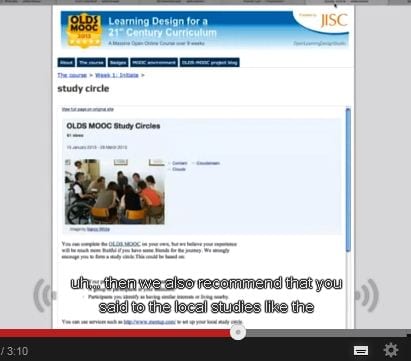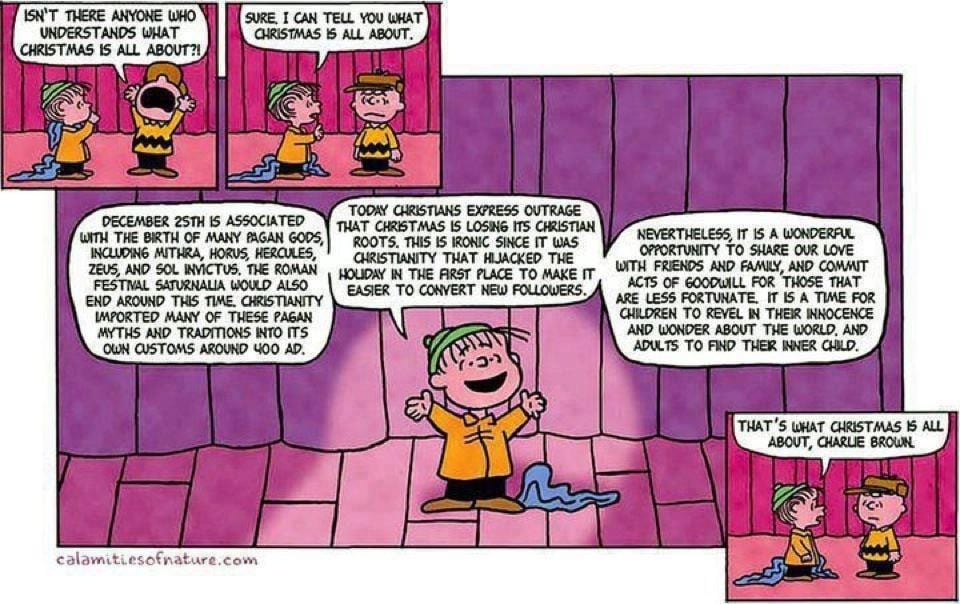Today I set up a DIY Multimedia Google Group at https://groups.google.com/forum/?fromgroups=#!forum/olds-mooc-diy-multimedia My challenge has been bringing together everyone who has expressed interest in my proposal. The cloud profile template has space for name, homepage, department, institution and twitter hashtag but no email address. Contacts came through google groups, various clouds, email and blog comments with no obvious simple way of getting back in touch. I could post comments on some clouds but not others; some had discussion threads but no comment options and some users had a profile but not cloud! In the end I posted information on those clouds I could, on the OLDSMOOC Google Groups and on #OLDSMOOC Twitter. I’m finding the organisational functionality of the technology frustrating. Those familiar with the tools are at a distinct advantage and I wonder how many who have not used Cloudworks or Google Groups/Hangups are struggling. I appreciate the opportunity to explore their affordances but it’s at the expense of valuable opportunities for OLD collaborative working.
I don’t want to sound negative and am genuinely interested in the experience of being lost in new ways of working. It’s empowering to have this range of tools to choose from and make personal choices about forging a structure in which to work – very much an example of a Personal Learning Environment (PLE) in action. I’m hoping everyone who expressed interest in my proposal to support staff engaging with audio and video will find their way into the Google Group or maybe someone will suggest an alternative more workable option. This is flexible learning after all.
My main concern is how technology overload creates potential barriers. OLD is important but so is encouraging and supporting staff to come online in the first place. I’ve worked with VLEs for over a decade but there have been occasions these past few days where I’ve wanted to run screaming from my laptop and mooc the mooc once and for all. It would be easy to stick with what I know and do something different – like put the laptop to one side and go and do something different instead – but I’m genuinely excited by the networking and opportunities to share expertise. Digital literacies are so important and the best way to develop them is to get in there. Don’t be afraid of making mistakes, posting in the wrong place, or posting the same thing too many times, all of which I’ve done in the past few days! We’re all in this together and for all it might not sound like it – I’m having a lot of fun.

